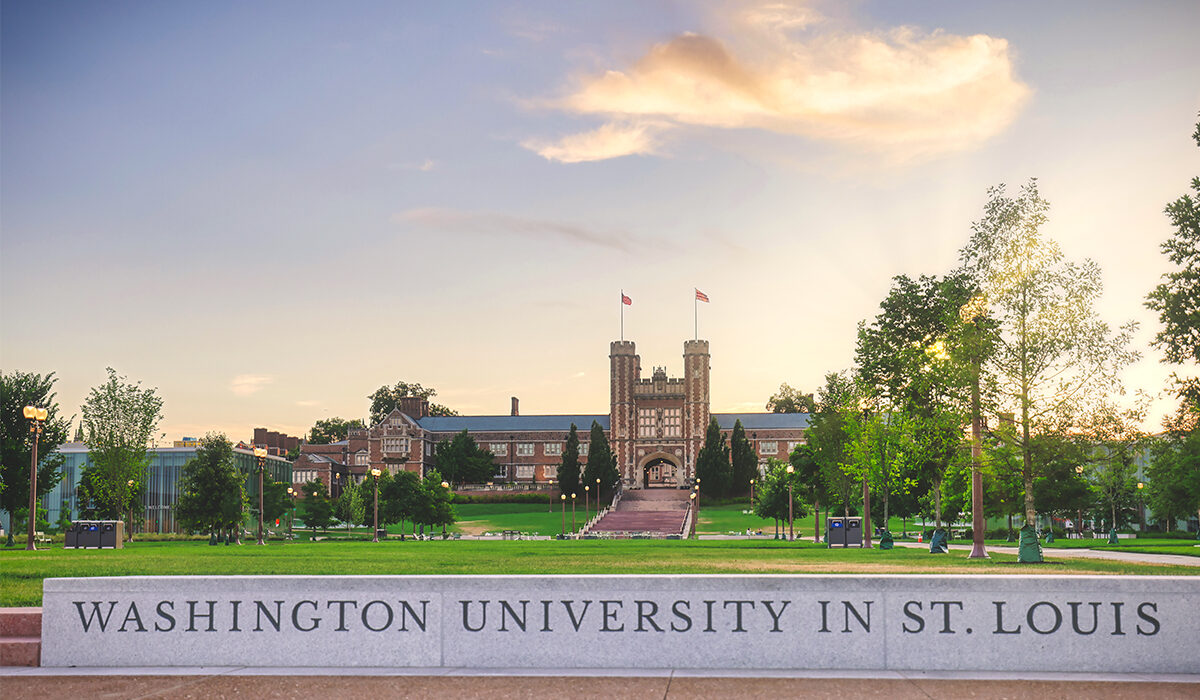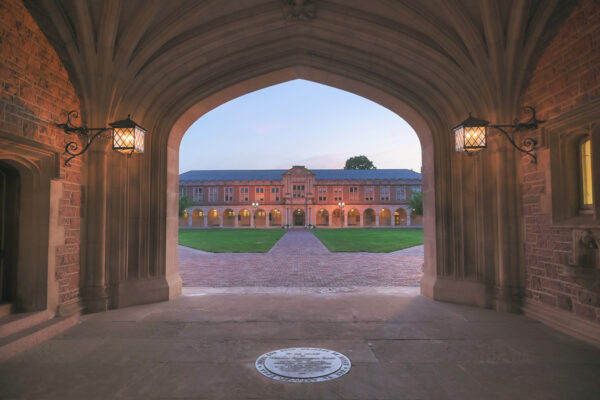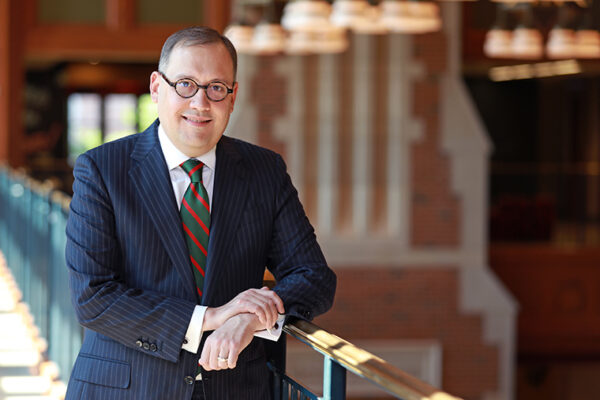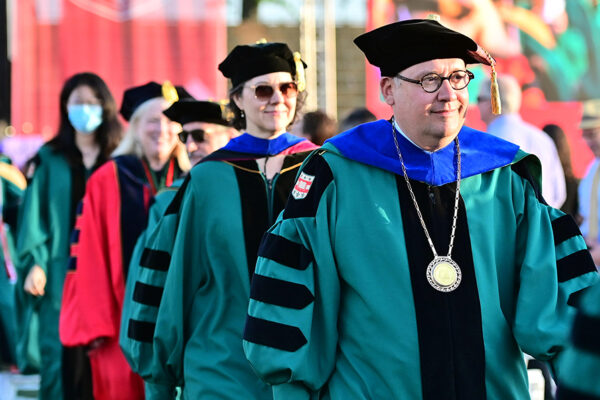When Washington University’s strategic planning process was launched last March, one thing was made clear — the planning would be a community-driven effort.
As Provost Beverly Wendland, who is leading the strategic planning process, said at the time, “If we are to be successful, it is critical that we hear the voices of those who will ultimately bring our vision to life.”
Since then, more than 200 Washington University faculty, staff, undergraduate and graduate students, alumni and trustees, as well as members of the St. Louis community, have been working tirelessly as members of committees or working groups helping chart the university’s future.
And now the steering and coordinating committees and the nine working groups building recommendations want to hear from more members of the university community via a series of three virtual town halls next week. See sidebar for dates and times.
Each town hall will highlight three working groups. The co-chairs of each working group will update the university community on ideas and questions that have been considered during their groups’ research and information-gathering process.
Attendees are invited to submit questions ahead of the town halls via the strategic planning website’s online feedback form.
Important to the process is the feedback the working groups hope to receive from the university community during the town halls.
When formed in March, each working group was charged with making recommendations around a specific topic area. The steering committee began meeting late last year and over a period of several months selected the topic areas as well as established the guiding principles.
Any recommendations that the working groups put forth must advance one or more of those guiding principles, as well as incorporate priorities outlined in each of the seven schools’ strategic plans.
As part of their extensive research gathering, the working groups have held focus groups, conducted surveys and environmental scans, spoken with colleagues at other universities, and incorporated ideas submitted through the online feedback form.
The groups are now nearing completion of their data gathering and creating their primary recommendations for their final reports.
“Now is a pivotal time to get feedback from the rest of the university community,” Wendland said. “We are developing a roadmap that will guide the university’s future over the next decade. We want to get it right — which is why it is so important to hear directly from those who are living our mission every day through their important work.”
It was from such input that the Personal and Professional Growth working group actually changed its direction a few weeks into the planning process, said Jennifer Harpring, assistant dean for social work at the Brown School.
Harpring, who co-chairs the working group with Ohad Kadan, the H. Frederick Hagemann Jr. Professor of Finance and vice dean for education and globalization at Olin Business School, said a staff member pointed out, via the online submission form, that the group’s composition was focused solely on student personal and professional growth and not on staff personal and professional growth.
“This feedback made us aware that there were voices missing from around the table that needed to be included in the overall university initiative,” she said.
“We changed course and added a whole new subgroup to the Personal and Professional Growth working group that includes representatives from HR, the Danforth Staff Council and people from each of the schools who bring a staff perspective,” Harpring said. “We are grateful for the university member who provided such an invaluable perspective and moved us to not just look at such things as student career planning and student professional growth, but also at staff opportunities for development, training, promotion and pathways at the university.”
The working group co-chairs anticipate more fruitful feedback at next week’s town halls.
“We have used multiple methods to solicit feedback from the university community, including group meetings, surveys and individual meetings with school leadership,” said Deanna Barch, professor and chair of psychological and brain sciences, who along with Jenny Lodge, vice chancellor for research, co-chairs the Research Enterprise Working Group. “We look forward to continued feedback from the community through the upcoming town halls, and welcome feedback on our ongoing strategic planning.”
Once the working groups have heard from a wider university audience, they will finalize their reports, which are due Oct. 4 to the coordinating committee.
The coordinating and steering committees will evaluate the nine reports and determine potential cross-cutting initiatives among the recommendations by the end of October.
In November, the steering committee will key in on big-picture topics that have emerged, choose the core pillars and central concepts that will move forward, and prepare a full-draft strategic plan.
The draft plan will be shared with various university audiences for feedback through March. Then, the draft plan will be presented to the Board of Trustees for review.
“By the time we present the final plan to the board in May, this plan will have the imprint of many, many members of the university and St. Louis communities,” Wendland said. “That’s the way it should be — this is our plan for how we grow and become even more distinctive as an institution of higher learning, research, patient care and service to society.”




Comments and respectful dialogue are encouraged, but content will be moderated. Please, no personal attacks, obscenity or profanity, selling of commercial products, or endorsements of political candidates or positions. We reserve the right to remove any inappropriate comments. We also cannot address individual medical concerns or provide medical advice in this forum.